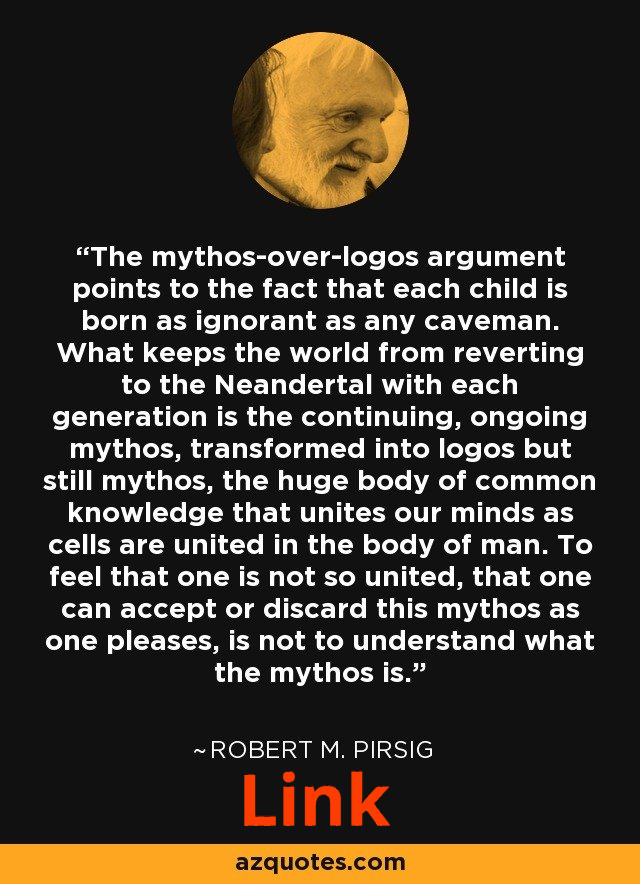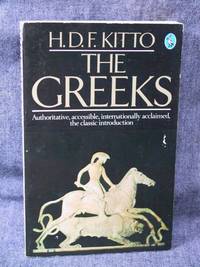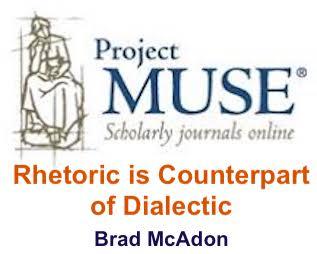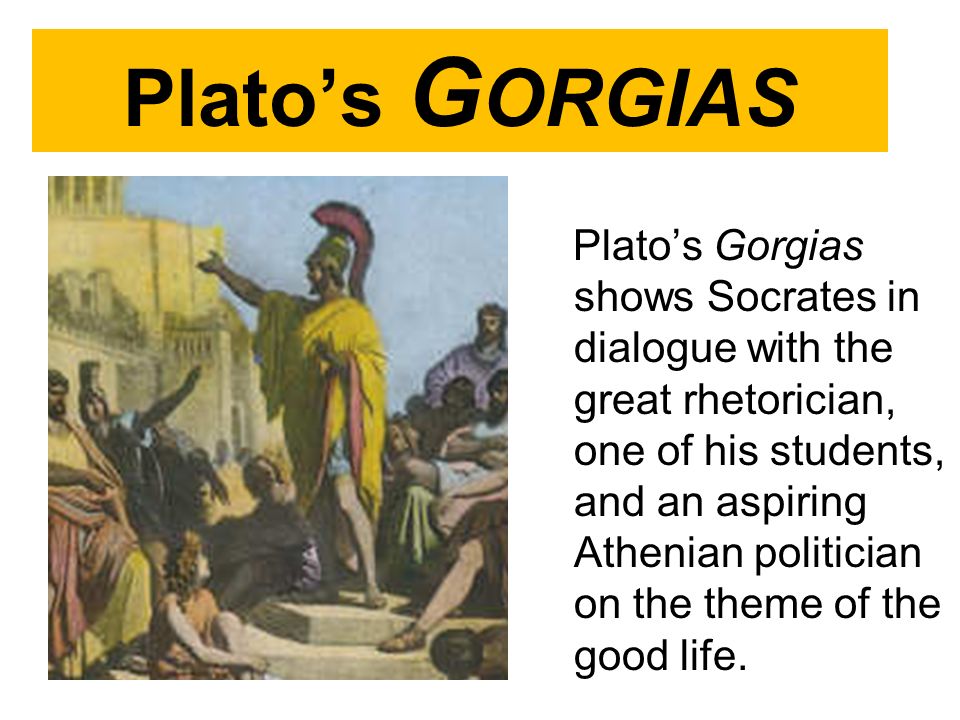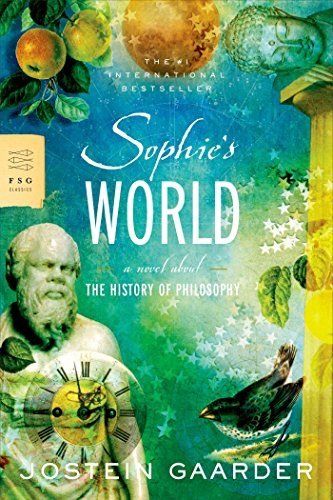25th Anniversary ZMM Edition
Chapter 29, pg. 384
His (Phaedrus) search for it takes him through a number of histories of ancient Greece, which as usual he reads detective style, looking only for facts that may help him and discarding all those that don't fit. And he is reading H. D. F. Kitto's The Greeks, a blue and white paperback which he has bought for fifty cents, and he has reached a passage that describes ``the very soul of the Homeric hero,'' the legendary figure of predecadent, pre-Socratic Greece. The flash of illumination that follows these pages is so intense the heroes are never erased and I can see them with little effort of recall.
pg. 386
``What moves the Greek warrior to deeds of heroism,'' Kitto comments, ``is not a sense of duty as we understand it...duty towards others: it is rather duty towards himself. He strives after that which we translate `virtue' but is in Greek areté, `excellence' -- we shall have much to say about areté. It runs through Greek life.''
pg. 387
Kitto had more to say about this areté of the ancient Greeks. ``When we meet areté in Plato,'' he said, ``we translate it `virtue' and consequently miss all the flavour of it. `Virtue,' at least in modern English, is almost entirely a moral word; areté, on the other hand, is used indifferently in all the categories, and simply means excellence.''


